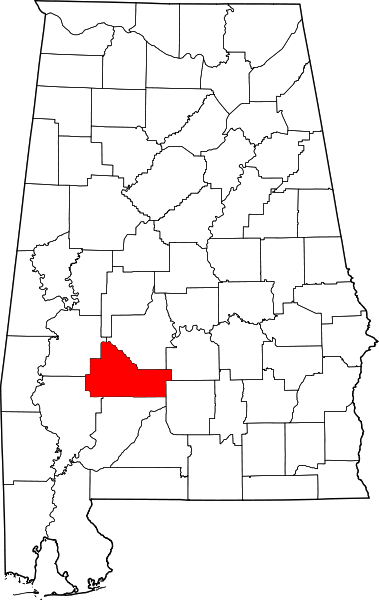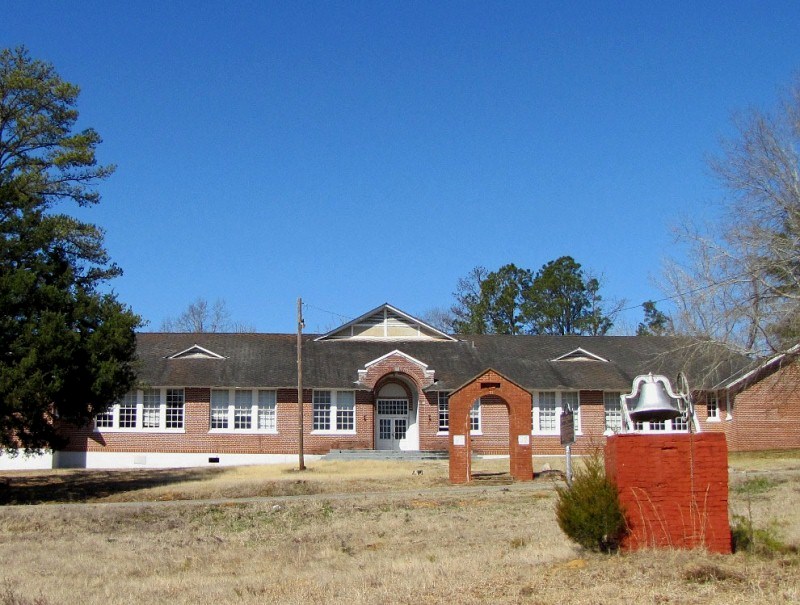
On New Year's Day 1889, at the age of 20, William J. Edwards, the son of former slaves arrived at the Tuskegee Institute in Alabama to begin a lifelong pursuit of moral and material improvement of the rural South. Under the leadership of its president and founder Booker T. Washington, the Tuskegee Institute was dedicated to providing black tenant farmers with a solid foundation in basic education and the practical skills they needed to work in agriculture and industry. Following his mentor, Edwards founded the Snow Hill Normal and Industrial Institute in Wilcox County, Alabama, and devoted his life to helping people in his local community lift themselves out of poverty.

Edwards was born on September 12, 1869, and raised by his paternal grandmother and an aunt, who saw him through a debilitating childhood illness. After years of picking cotton and sharecropping, he paid off his own medical bills and made his way to Tuskegee. When he arrived, Edwards was unfamiliar with the use of a toothbrush or a knife and fork, yet he qualified for second-year classes in all subjects except grammar. He worked on the Institute's farm and listened each Sunday evening to Washington exhort his students to go back and uplift their home communities.
After graduating from Tuskegee in 1893, Edwards decided that his native region needed a school. The Alabama Black Belt counties were home to more than 200,000 blacks, of whom more than 40 percent were of school age, but only one local school accepted blacks, and that one was private. In the fall of 1893, he opened the Snow Hill Institute in a one-room log cabin with three students.

Edwards received no state appropriation for his school, though he did accept a gift of seven acres from a local white landowner. He had offers of support from several local churches, but turned them down because he was determined to keep his school free of "isms" and "thoroughly religious in its spirit, but entirely undenominational." In his memoir he wrote that the area needed "a school that would endeavor to make education practical rather than theoretical; a school that would train men and women to be good workers, good leaders, good husbands, good wives, and finally train them to be fit citizens of the State and proper subjects for the Kingdom of God."
Edwards was especially concerned about the failure of blacks to become property owners. When Edwards started Snow Hill, blacks owned a total of just 20 acres of land in the area. Most were tenant farmers who leased their lands and then borrowed against their crops to purchase seed and equipment. If their crops failed or they managed their funds poorly, families sank further into debt to purchase provisions for the winter, and the cycle began again in the spring.

So Edwards also formed the Black-Belt Improvement Society for "the general uplift of the people of the Black Belt of Alabama; to make them better morally, mentally, spiritually, and financially." Open to "anyone of good moral standing desiring to better his condition," the society established cooperatives for purchasing supplies and foodstuffs that could not be grown at home; encouraged residents to practice thrift and to purchase and improve their own homes; disseminated information on farming, soil conservation, and the diversification of crops; and hosted discussions "relating to the general welfare of the race." To advance from the first level of membership, one had to own a little property (three chickens and a pig); one achieved higher levels of status by acquiring more property.
By 1918, Snow Hill Institute owned 1,940 acres of land and 24 buildings and enrolled between 300 and 400 students each year. Graduates of the school began to establish similar enterprises throughout the South. That same year, Edwards reported that black landowners in the Black Belt area held more than 20,000 acres and that they were constructing better homes, schools, and churches.

Wilcox County, Alabama
In 1901, when the new Alabama constitution disenfranchised blacks, Edwards became an outspoken leader on civil rights. Blacks needed to educate a cadre of community leaders, he believed, and so he bolstered Snow Hill's academic curriculum to provide that training. Ironically, this move led to the demise of Snow Hill. Northern philanthropists, the largest source of funds for Snow Hill, wanted to focus exclusively on industrial education and pushed the state government to assume full financial responsibility for the school. Edwards was eventually forced out, academic courses were cut back, and the school was sold to Alabama.

The state continued its administration of Snow Hill until 1973, when desegregation orders forced the school to close and its students to attend other public schools in the area. Edwards's legacy nevertheless continues. In 1979, one of his granddaughters, a 1944 graduate of the Snow Hill Institute, returned to establish the Springtree-Snow Hill Institute for the Performing Arts, which offers local students after-school and summer programs in drama, music, and dance. (source: Snow Hill Institute)

Springtree-Snow Hill Institute for the Performing Arts
It's very easy to find out any matter on web as compared to books, as I found this article at this web site.
ReplyDeleteFeel free to visit my website :: Times Travel
My mother actually graduated from Snow Hill in 1956, unfortunately she's lost all memorabilia from the school. Can anyone offer a suggestion as to where I might find old pictures of the students and graduation class
ReplyDeleteHi, what was your mother's name?
ReplyDelete